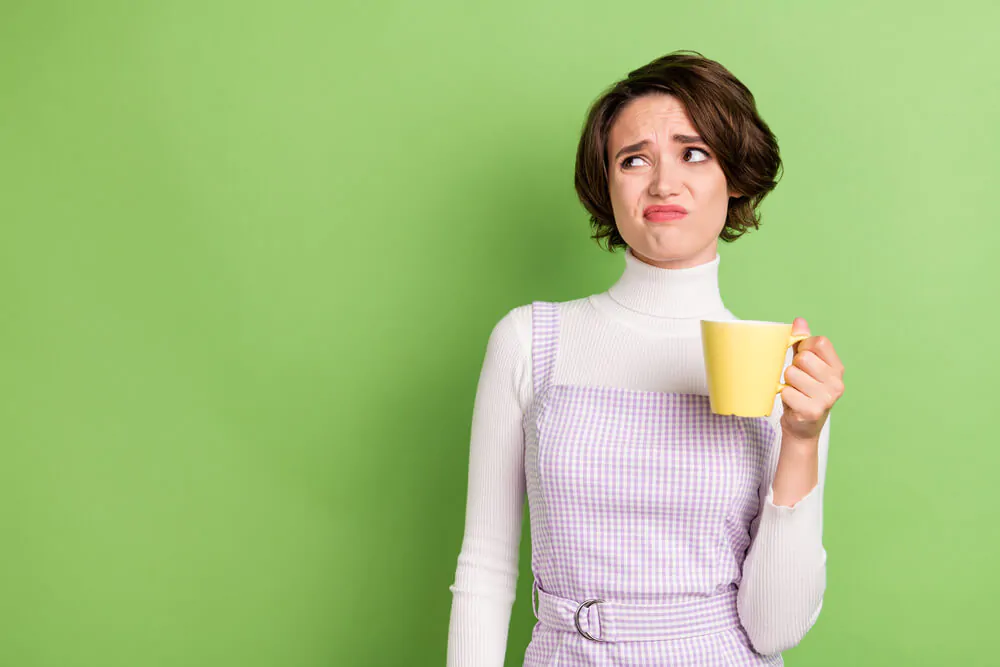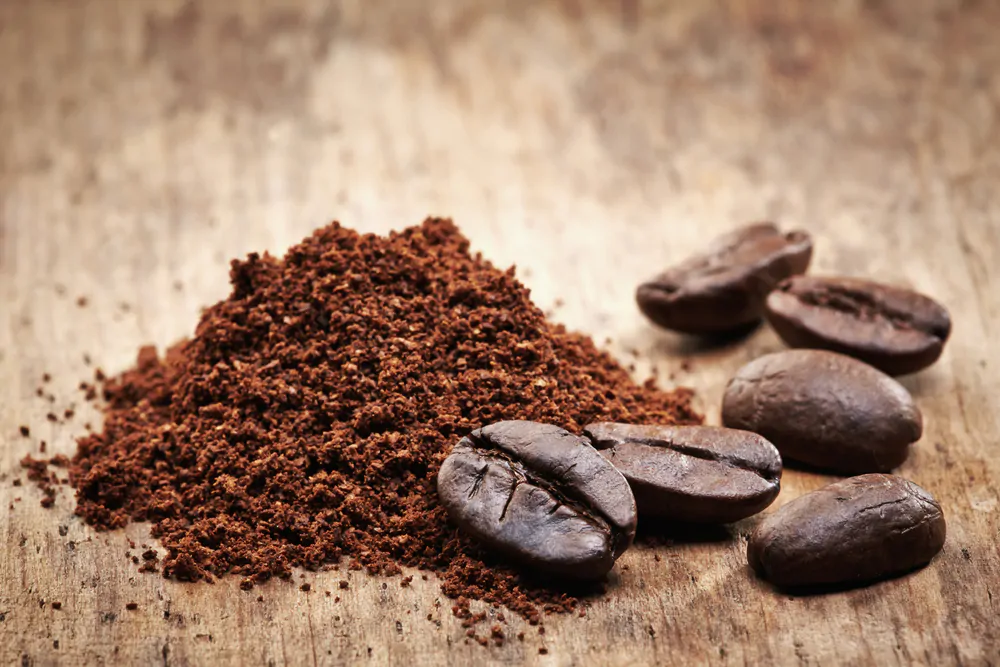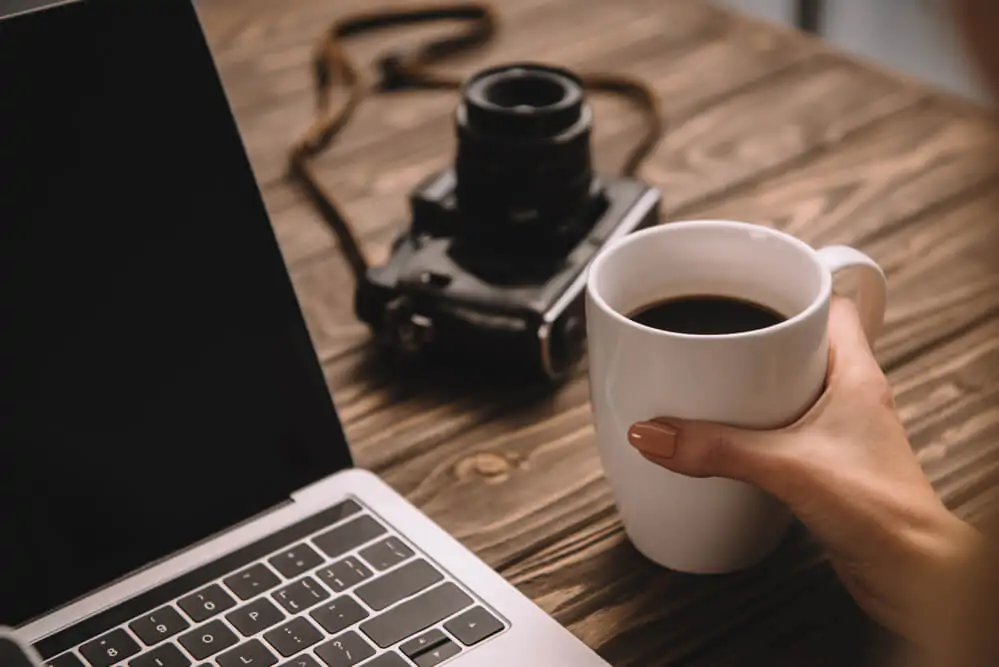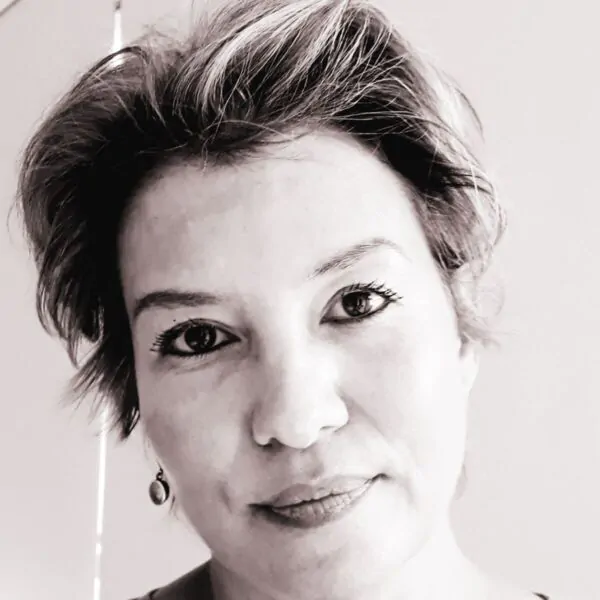If you’ve been thinking, “Why does my coffee taste like water?” there may be various reasons. Here are three common mistakes that brewers make.

Although for some, one cup of coffee is as good as another, coffee lovers like me are more discerning when it comes to how our morning brew tastes. While an overpoweringly strong brew may leave a lot to be desired, weak and watery coffee is a far greater sin.
If you’ve ever wondered, “Why does my coffee taste like water?” there may be various reasons for this problem, ranging from the incorrect grind size to a malfunctioning coffee machine.
Unfortunately, even seasoned coffee connoisseurs land up with weak brews from time to time. To help you pinpoint the reason for your watery brews, here’s a list of three common mistakes brewers make.
Why Does My Coffee Taste Like Water?
Brewing coffee involves many variables, such as the coffee grind size, coffee-to-water ratio, water temperature, and brewing time, all of which need to work in harmony to provide a tasty brew. Factors including how you like your coffee and the brewing method will influence how these variables are measured and put together. When one considers the complexity of the brewing process, it’s a small wonder that one sometimes gets it wrong.
If you’re constantly brewing weak coffee or have suddenly made a watery brew after changing your coffee brand or brewing method, there may be various reasons why. Here are three common reasons:
1. Incorrect Grind Size

When it comes to brewing the perfect cup of coffee, grind size is a critical component. This is because the size of the grind influences coffee extraction, that is, the amount of flavor you’re able to extract from the coffee.
When your grinds are too coarse, your brew will be under-extracted, which means you’ll be sipping on a weak and watery brew with a sour taste. Conversely, if your grinds are too fine, too much flavor will be extracted from the coffee, and the brew will be overpowering and bitter.
The type of grind you choose should be a good fit for the brewing method. Here’s a short breakdown of the grind sizes for different brewing methods:
- French presses and percolators: Course grind
- Drip coffee machines: Medium grind
- Pour-over brewers: Medium-fine grind
- Espresso machines and Moka pots: Fine grind
2. Old Coffee

Unfortunately, coffee expires. Even if the beans still look good and have a pleasant aroma, they may be past their sell-by date. This is because the roasting process releases carbon dioxide inside coffee beans.
As soon as the beans leave the roaster, they start to leak this carbon dioxide. A process commonly referred to as degassing. The result is that the older the coffee beans, the less flavor they impart. Using old or expired coffee is, therefore, a possible reason for your watery and tasteless brew.
So, how long can you keep coffee? Firstly, coffee beans last longer than ground coffee.
If unopened, you can keep a bag of coffee beans for around six to nine months. However, once opened, you want to use the beans within two weeks for optimal flavor.
3. Water Temperature
Something as seemingly unimportant as a few degrees difference in water temperature can influence the outcome of your coffee brew. However, as you may have noticed by now, brewing is a finicky process that requires all variables to be just right. The reason water temperature matters is because it affects the rate of extraction.
The hotter the water, the quicker the compounds in the coffee, such as the oils, caffeine, and acids, are extracted. These compounds have a direct influence on the flavor of the coffee. For example, brewing with water that is too hot can lead to overpoweringly strong coffee. You might also be interested in learning if you can use distilled water to make coffee.
On the other hand, you can end up with a weak and watery brew if your water temperature is too low since not enough compounds will have been extracted from the coffee. The ideal temperature for extraction is a little below boiling point, which is around 195 to 205 degrees.
